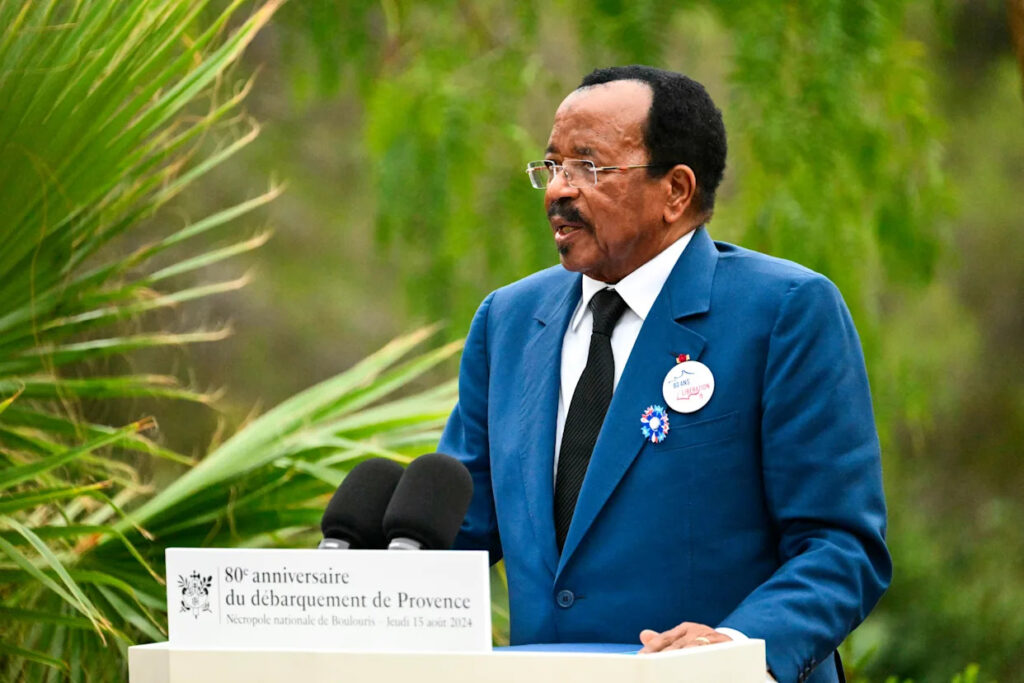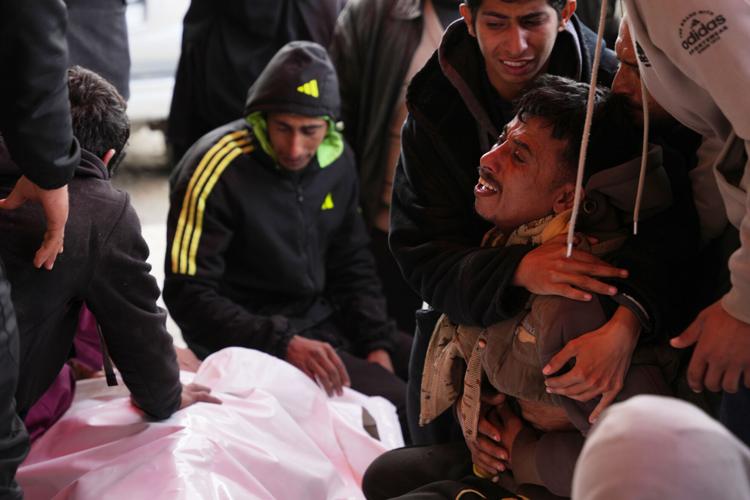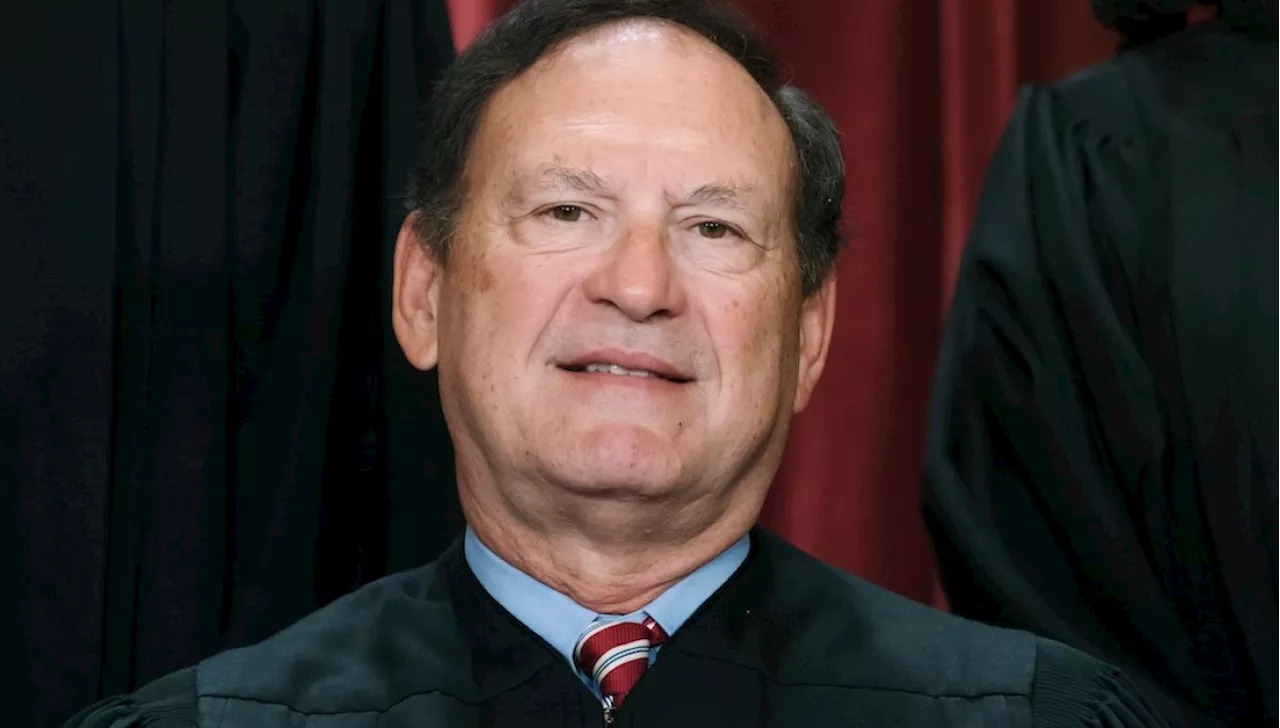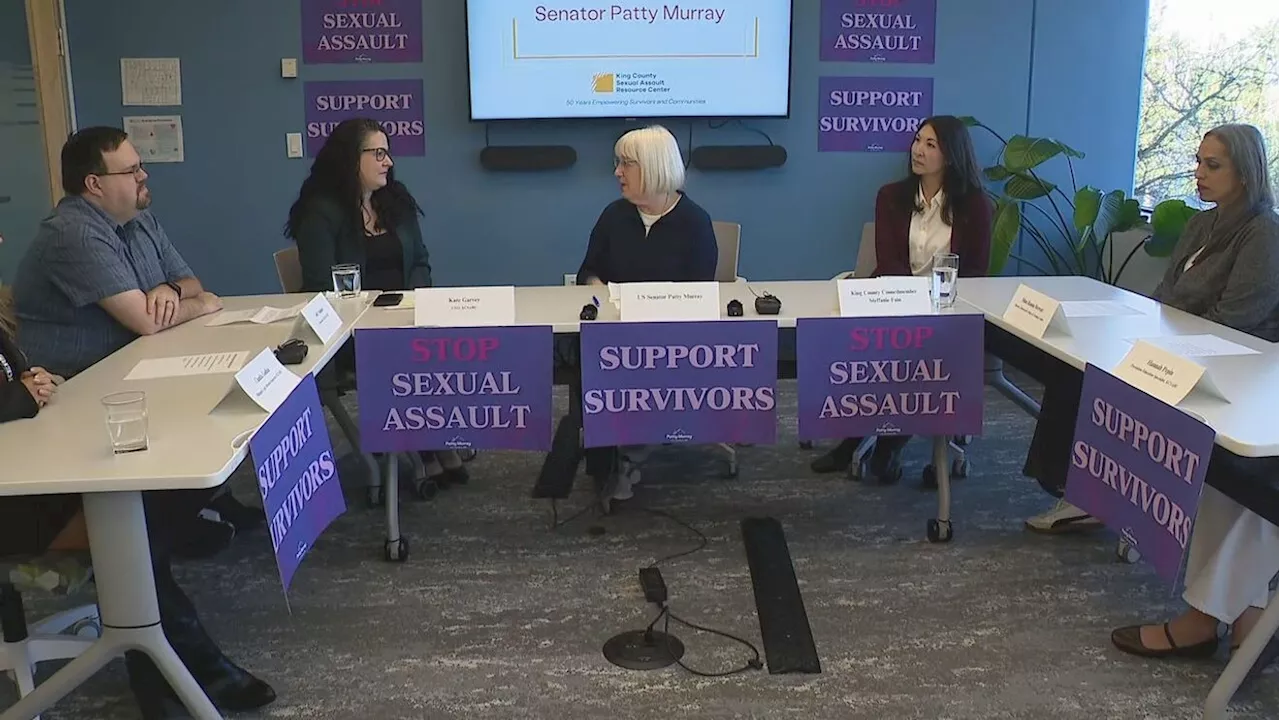
Paul Biya, the 92-year-old president of Cameroon, declared on Monday his intention to run for an eighth term in the upcoming elections set for October 2023. This decision follows months of speculation regarding his potential retirement, setting the stage for a significant electoral contest. Biya, who has been in power since 1982, is Africa’s second longest-serving leader, trailing only Teodoro Obiang of Equatorial Guinea.
Biya’s health has been the subject of concern, with frequent reports of illness and extended absences from the country. Last year, rumors circulated regarding his death, prompting the Cameroonian government to publicly refute those claims. Despite these challenges, Biya expressed his commitment to continue governing, stating on social media, “Rest assured that my determination to serve you is commensurate with the serious challenges facing us.”
The implications of Biya’s prolonged leadership are profound. His administration has been marked by a range of issues, including allegations of corruption and a violent secessionist movement in the country’s English-speaking regions. This conflict has resulted in thousands of children being deprived of education and has led to deadly confrontations with security forces.
Nkongho Felix Agbor, a prominent human rights advocate and lawyer, commented on Biya’s decision, stating, “President Biya’s announcement to run again is a clear sign of Cameroon’s stalled political transition. After over 40 years in power, what the country needs is renewal—not repetition. Cameroonians deserve democratic change and accountable leadership.”
Additionally, Cameroon has had to contend with the threat of violence from the extremist group Boko Haram, which operates from neighboring Nigeria. The political landscape is further complicated by the recent defection of several of Biya’s longtime allies, who have announced their candidacies for the presidency.
In the last election held in 2018, Biya won with over 70% of the vote, although the election was criticized for irregularities and low voter turnout attributed to ongoing violence from separatist groups and jihadists.
This situation reflects a broader trend in the region, where several African leaders are accused of using state mechanisms to extend their time in office. For instance, Ugandan President Yoweri Museveni recently sought nomination for a seventh term, potentially positioning himself closer to five decades in power.
As Cameroon approaches the elections, the question remains whether Biya can maintain his hold on power amid growing calls for political change and accountability. The upcoming electoral process is poised to be a critical moment for the nation as it navigates these complex challenges.






